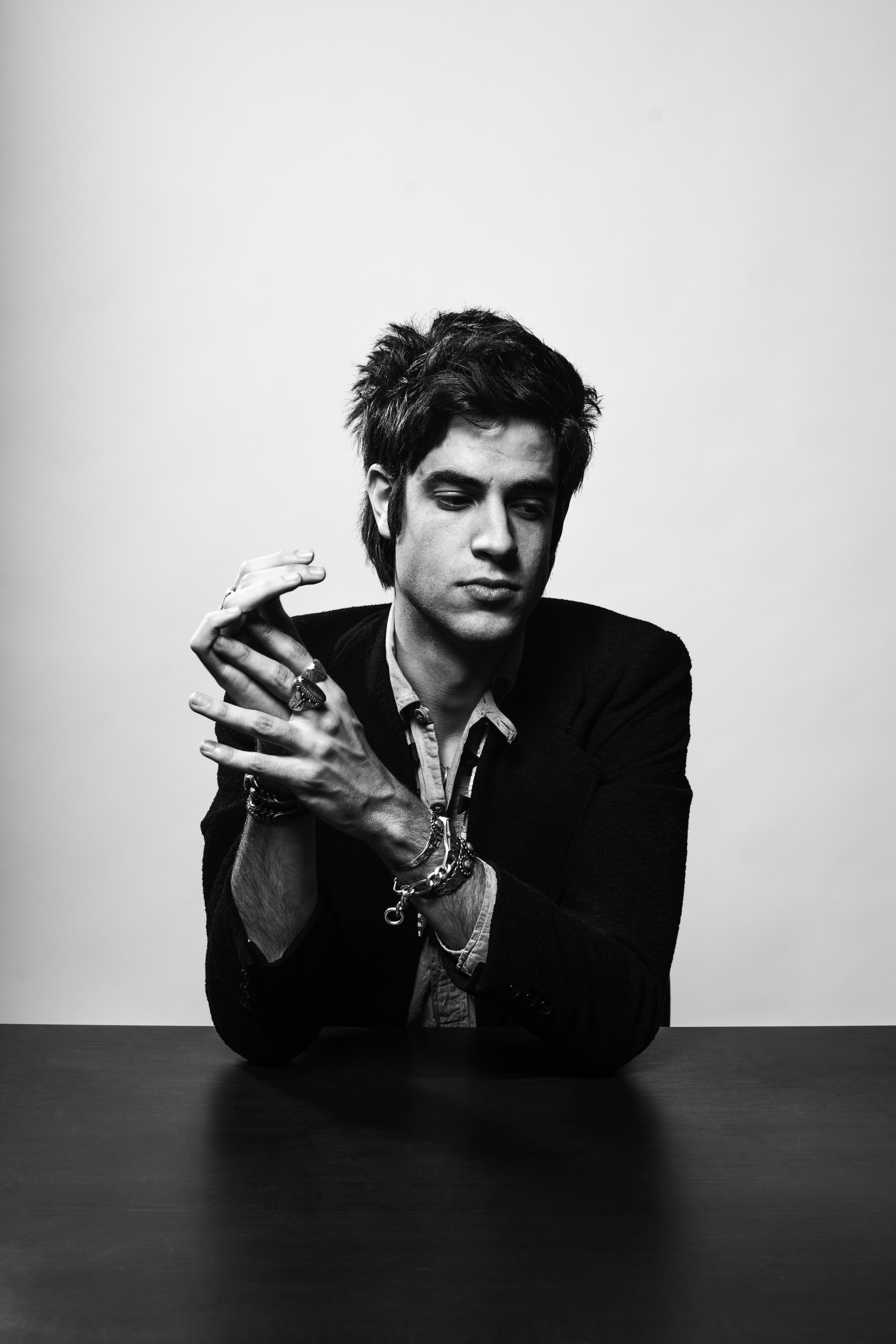By the time we reach ‘Country Home’ though, Cohen’s words have begun to take on a sense of dark poignancy, as he sings: “Morning has gone / turning so cold / keep your eyes closed / you couldn’t make it through.” It turns out that the song represents the apex of Geldof’s influence on the album. “I thought about it and it didn’t feel wrong to write a whole record about it but I just thought, if I put [my feelings about her death] all into one song on the record then I will have really achieved something.”
The track holds particular significance for Cohen because it chronicles the time he and Geldof spent in their country retreat in Kent. It’s also where Geldof tragically overdosed on heroin one evening in Cohen’s absence. The whole family – Cohen included – had battled tirelessly to prevent Geldof succumbing to her demons and emulating her late mother Paula Yates in the process, but in April 2014, her addiction finally got the better of her. In the months beforehand, she had allegedly also grown tired of life in the countryside and expressed a desire to return to London – a position apparently not endorsed by Cohen, not least because it would involve Geldof being within much closer reach of the city’s dangerous vices.
‘Country Home’ is certainly where Geldof’s presence is most acutely felt but she naturally casts a shadow over other parts of the record too. On ‘Ain’t Gonna Be No Rain’ Cohen seems to allude to some of her all-too-publicised struggles with the temptations of London: “Take the city by its cold hand / What you been doing with your life?” Elsewhere, he seems to offer a protective vigil: “Hold on darling / lay down tonight” he sings on ‘Only Us’. By final track ‘Mother Mary’, it seems as though Cohen if finally trying to let go (“Trying to leave part of me / in love with you”), though the singer himself suggests ‘New Morning Comes’ is more of a “conscious goodbye.”
Cohen suggests that the scattered approach to writing and recording the album has somewhat diluted its focus on Geldof. All the same, I wonder whether there’s any sense of apprehension about releasing what is such an honest album when there’ll undoubtedly be a degree of press scrutiny involved regardless, given the circumstances. “Not at all,” Cohen says firmly. “I think there was a point when I was [apprehensive], maybe straight after I’d made it, but I don’t feel like that anymore. Then again, this is just my first interview.”
So there’s definitely no concern about how the papers will interpret all this then? “No, because I don’t care,” he says, slightly exasperatedly. “I think if I’d cared [about the press] and I’d thought about it and it was part of my life at the time when I was making the record then yes, maybe. But I’d made – it wasn’t even a firm decision – the obvious thing to do was to just not have that be a part of my life. Because when you think about something else when you’re creating, then you’re not actually doing what it is you should be doing, which is creating!”
